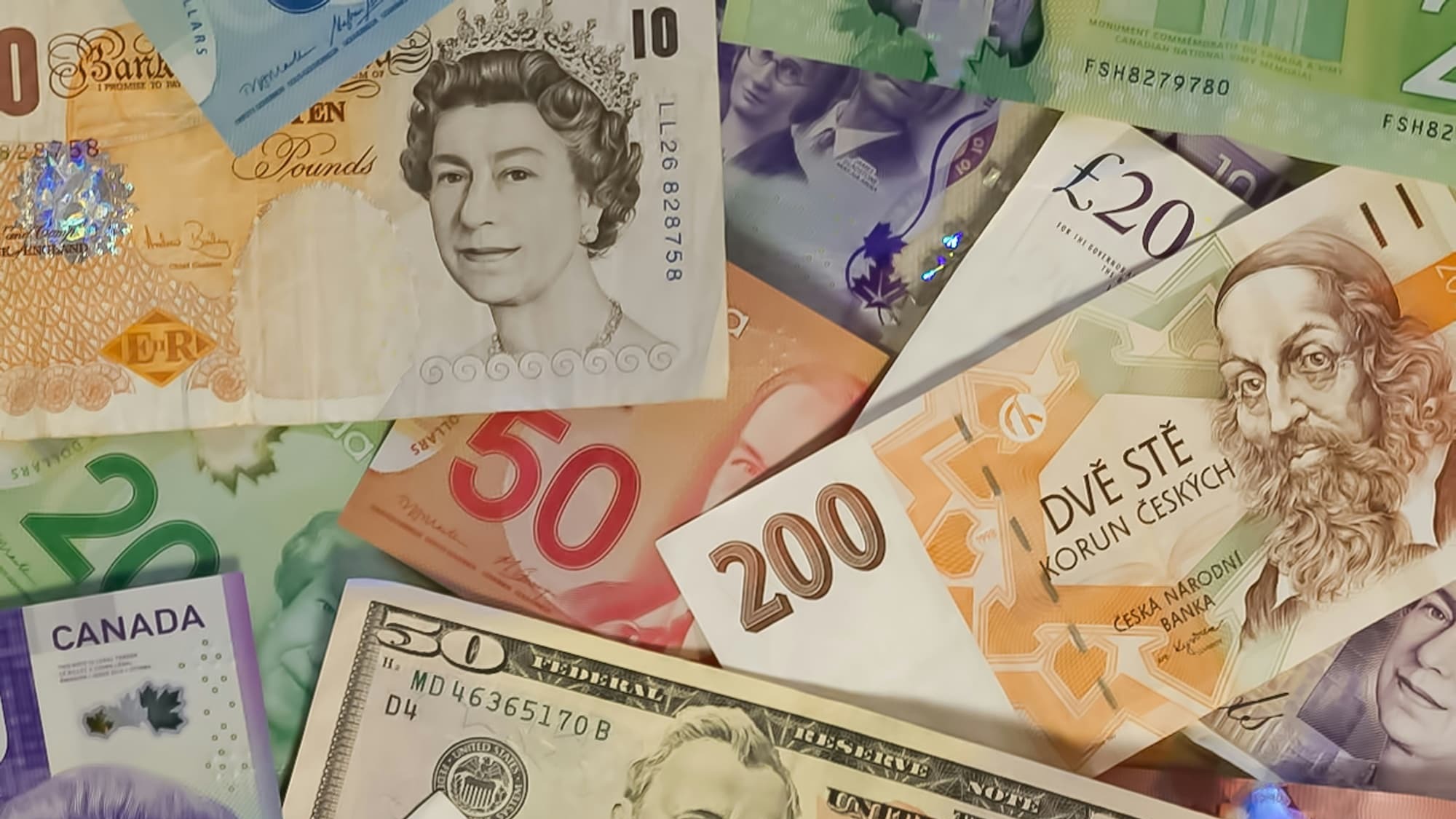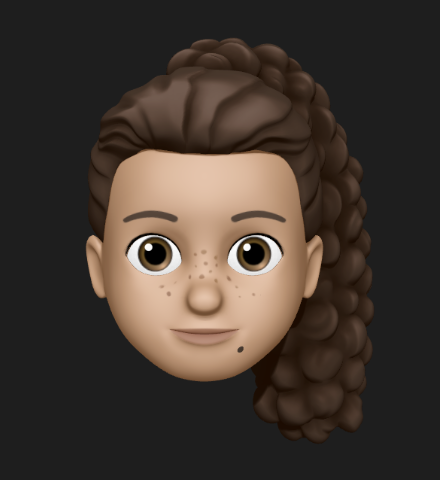Easy and Quick Guide on How to Make a Bank Transfer
How to Make an Online Transfer: Step-by-Step
Before making a bank transfer, there are a few details you need to have on hand to complete the transaction:
Full name of the person or company receiving the money
The recipient's account number or CLABE (18-digit interbank code)
Mobile token from your bank's app
With that said, let’s go through how to make a bank transfer online:
1. Log in to your online banking account through the bank’s website or mobile app.
2. Find and select the “transfers” option.
3. Fill in the required fields, such as the beneficiary's name, their account number or CLABE, and the amount.
4. Enter the code from the Token provided by the bank’s app.
5. In the “concept” or “reference” section, briefly describe the reason for the transfer, like “class payment” or “household expenses.”
6. Finally, confirm the transaction and save the receipt as proof that everything was done correctly.
The receipt will contain details such as the bank, account, and recipient's name, along with the reference number, date, amount, and purpose. This information allows the recipient to track the bank transfer.
Steps for Transferring at a Bank Counter
If you prefer to know how to make a bank transfer in person at a counter, the process isn’t complicated either.
First, check the opening hours of the nearest bank branch. You will need the following information to transfer money between banks:
You can also make deposits at convenience stores, like a physical OXXO location. Just keep in mind that you'll need the same information as if you were at a bank.
These are quick and easy ways to transfer cash if you don’t want to use electronic means.
How to Make a Transfer Using a Mobile Number
This method is even simpler, provided you’ve updated your banking app to the latest version.
Here’s how to make a bank transfer from your mobile if everything is set up:
1. Open the app and tap “transfers” or “pay to other banks.”
2. Select the option to transfer using a “mobile number.”
3. Choose the bank where the recipient has their account. Be careful here, as some people may have accounts with multiple banks.
4. Enter the amount to send.
5. Review the details and confirm the transaction.
The transfer will be processed automatically, and the money will be sent immediately.
Transfers Between Accounts at the Same Bank
This involves sending money to someone with an account at the same bank or moving funds between your own accounts. Generally, these transactions process in seconds or just a few minutes.
Here’s how it works:
1. Log into your bank’s platform via the website or mobile app.
2. In the main menu, find and select “transfers.”
3. Choose an option like “same-bank accounts,” “third-party accounts within the bank,” or “internal transfers.”
4. If you have multiple accounts at the bank, choose the account you want to send money from.
5. Select the destination account, whether it’s your own or another person's account at the same bank.
6. Enter the amount and confirm.
Don't forget to save the generated receipt.
How Long Do Bank Transfers Take?
If it’s an interbank electronic transfer, the money should be reflected in the recipient's account about 30 seconds after the operation. If there’s an error or issue, the money will return to your account within that same time frame.
For counter deposits, the money should arrive the same day. However, if you deposit close to closing time, check with the bank to see if the transaction will be completed the same day or the next.
Also, take into account the following times:
Website transfers: If done Monday to Friday, between 6:00 a.m. and 5:30 p.m., the transfer will process and reflect the same day.
App transfers: These can be made anytime, 24/7.
What Do I Need to Make SPEI Transfers?
The Interbank Electronic Payment System (SPEI) allows for nearly instant digital money transfers, regardless of whether the accounts are with different banks, day, or time.
The requirements for making SPEI transfers are:
A bank account with internet or mobile banking enabled (while this service may have a fee, it’s more convenient than visiting a branch).
The recipient’s CLABE (18 digits), card number (16 digits), or mobile number (10 digits).
Accounts must be registered for security purposes before making the payment.
Once registered, you can use the account for future transfers without additional delays. If you use mobile banking, the process is often faster, as you won’t need to wait in most cases before sending funds.
Conclusion
Making a bank transfer is an accessible process today, thanks to the various available methods. You can send money quickly and securely, whether from a counter, online, or via your bank’s app.
However, for transfers between banks or internationally, other alternatives may be better. For instance, DolarApp offers a digital dollar account and lower fees than typical banks.
It’s also more convenient if you want to convert your remittances to Mexican pesos at competitive exchange rates. The process takes just a few clicks, and the money arrives, at most, in a few minutes.
 Your Money
Your Money 

 Your Money
Your Money 
 Your Money
Your Money 
 Your Money
Your Money 